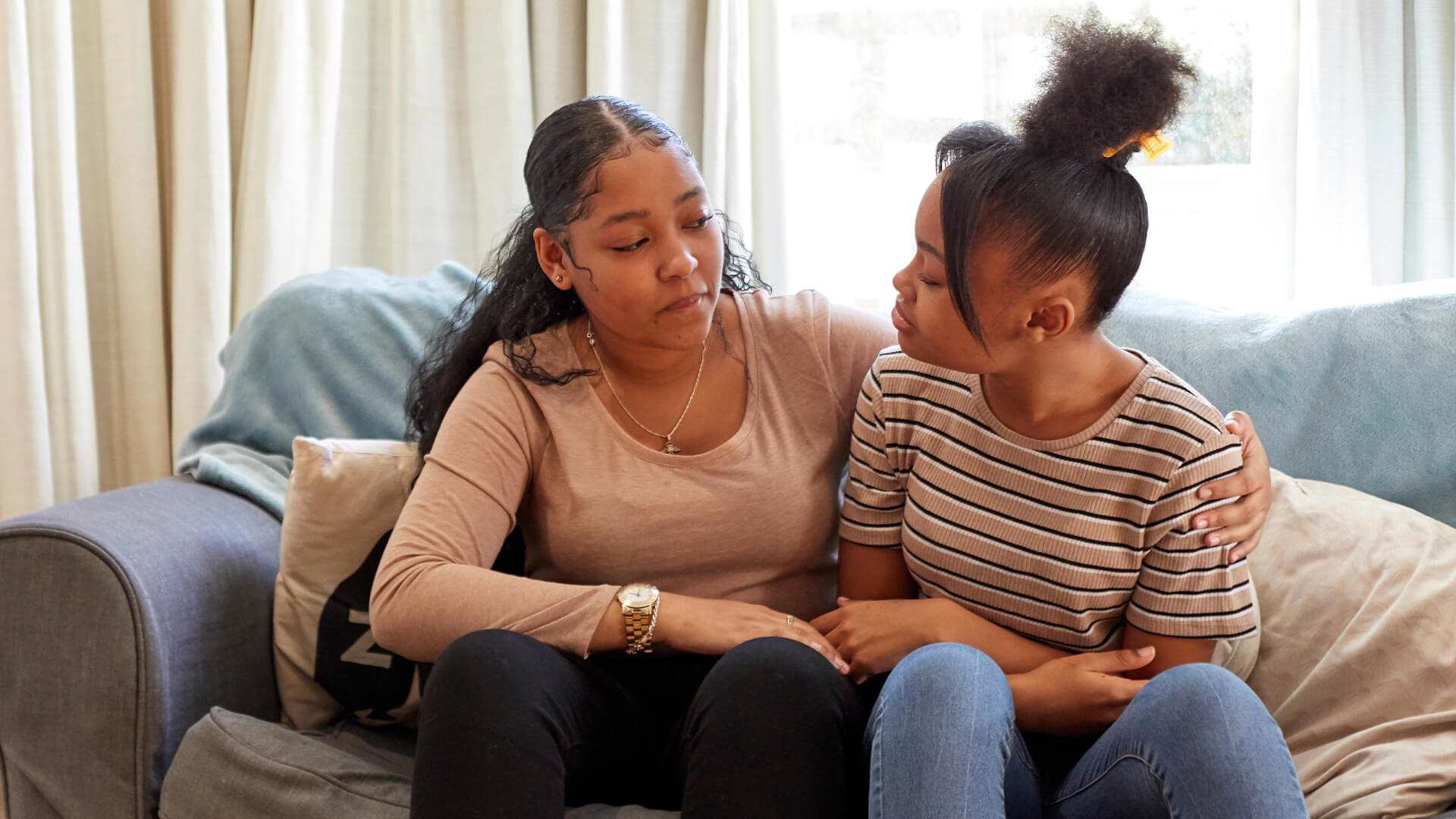Alcohol
You can continue to drink alcohol while taking propranolol, but having the two together might make you a little sleepier and unsteady on your feet.
During the first few days or weeks of treatment, it might be best to stop drinking alcohol until you see how the medicine affects you or until the side effects pass.
If you want to drink alcohol, remember that it may make you sleepier than usual. Make sure you can get home safely.
Drinking alcohol every day, or in large amounts, can make your symptoms worse and may mean you won’t get the maximum benefit from your medication.
Street drugs
The combination of propranolol and amfetamines might cause your blood pressure to rise, and propranolol might also reduce the effects of amfetamines.
The combination of propranolol and cocaine may increase the narrowing of blood vessels which provide blood to the heart. More research is needed to understand the effects this will have on your health, but it is recommended that the combination should be avoided.
There are many other street drugs, but we don’t know what effect taking them with pregabalin will have, so it’s best to be cautious.
There is no regulation of street drugs or ‘legal highs’, so even if there are no known issues with the medication you take, the supply you receive might be mixed with other substances that could be dangerous.
Smoking
Some small studies have shown that smoking cigarettes can reduce the amount of propranolol in your body.
If you smoke, you may need a higher dose of propranolol than someone who does not smoke.
Tell your doctor if you smoke to make sure you get the right dose for you.
If you stop smoking or switch to vaping or a nicotine replacement product, the level of propranolol in the body may rise, Tell your doctor if you stop smoking so that they can review your medication. You might need to reduce your dose of propranolol slowly over one week.
If you start or restart smoking, your dose may need to be reviewed. Go to your doctor for advice if you stop or start smoking, or if you switch to vaping or using a nicotine replacement product.
Get more advice on our drugs and alcohol guide.









